Believers gathered together for Christian fellowship and service in local churches. It was to local assemblies that New Testament believers were added. In local churches, discipline was exercised. Officers were appointed or elected to serve local churches. Workers for the Gospel fields were prayerfully ordained and sent out by local assemblies. These churches were nurtured in the truth and under the headship and authority of Christ, the Lord.
In the book of Acts we see a pattern for the relationship of churches and ministers. Local churches were responsible for the ordination and commissioning of ministers of the Gospel. The ministers apparently were in relationship with and accountable to a particular “Endorsing” Church. Peter, after he had preached to the Gentiles, returned to the council in Jerusalem and the apostolic fathers to explain what had happened. Barnabas and Saul were sent out by the church at Antioch, and they returned to Antioch to report all that God had done through them. When men came from Jerusalem to Asia Minor preaching contrary doctrine, Paul and Barnabas accompanied them back to Jerusalem, from where they had come, to settle the matter.
In each case, the ministers appeared to be in relationship with and accountable to the “Endorsing” Church which commissioned them. (Acts 11:2-4, Acts 13:2-3: Acts 14:26-27; Acts 15)
In the New Testament we see the local church “setting apart” and “sending out” ministers. This would indicate local church responsibility for its ministers and missionaries. (See Acts 13:2-3)
Scriptures indicate that ministerial accountability was primarily the responsibility of the local church (Acts 13:2-3; 14:27). Ministers were also accountable to each other (Galatians 2:1-2). Therefore, every FCA minister must be accountable to an Endorsing Church that is listed in the Fellowship Directory. Endorsing Churches are responsible for licensing and ordaining ministers. They also commit to nurture, discipline and encourage ministers. Each local church must have a written policy for the licensing and ordination of ministers and for the commissioning of missionaries.
It is necessary to maintain adequate contact, communication and care between the Endorsing Churches and those they license or ordain, including commissioned missionaries. Churches and the ministers accountable to them must be in contact with one another at least on an annual basis. It is recommended that churches expect an annual report of activities from the ministers that they endorse and that endorsed ministers would be prepared to send in an annual report of activities. Scripture directs us many times to the vital role of the Jerusalem and Antioch churches as the Endorsing Churches for many of the ministers named in the book of Acts.
Since the local church has the Scriptural authority to license and ordain ministers (and recognize the licensing and ordination of ministers who have been credentialed with other ecclesiastical bodies), it must also take responsibility as the Endorsing Church for the guidance, encouragement and discipline of those ministers it endorses each year. This includes active and ongoing reciprocal contact between the churches and the ministers that they endorse.

